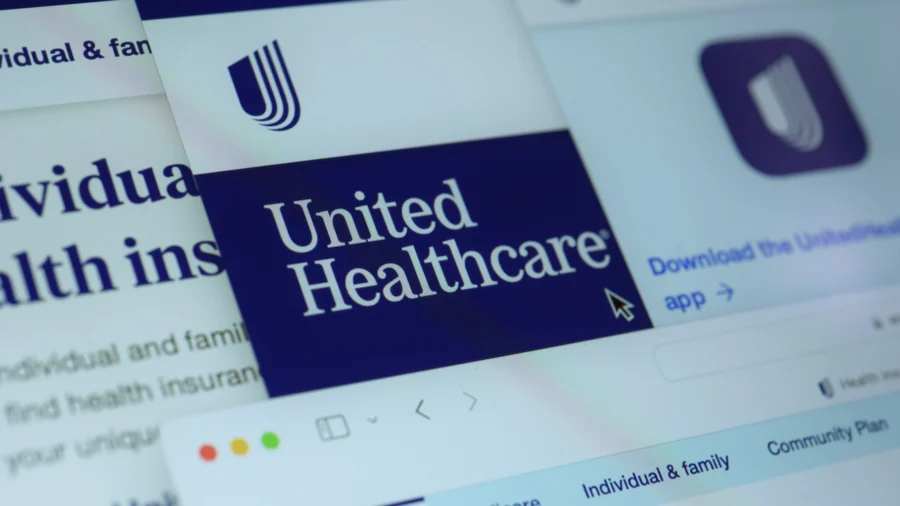Healthcare providers across the country are on alert after a cyberattack on a massive U.S. healthcare technology company disrupted the administrative operations of hospitals nationwide, delaying prescriptions and paychecks and disrupting hospital supply chains.
In addition to the patients’ medical data being exposed to the hackers, the hack could also disrupt discharging people from the hospital, a major hospital association said.
Change Healthcare first acknowledged the attack on Feb. 21. On Thursday, the company said that a ransomware group that called itself ALPHV, or Blackcat, had claimed responsibility for the attack.
The company did not clarify whether it had paid or negotiated a ransom or been able to disable the virus.
Change Healthcare said it is now assessing the impact of the attack that has affected billing and care-authorization software across the country.
“Patient care is our top priority and we have multiple workarounds to ensure people have access to the medications and the care they need,” Change Healthcare said in a statement.
Owned by UnitedHealth Group, Change Healthcare manages healthcare technology pipelines, processing 14 billion transactions a year.
According to the company’s internal investigation, four health service companies were affected by the hackers: Change Healthcare, Optum, UnitedHealthcare, and UnitedHealth Group systems.
One of the most immediate impacts is that people are seeing delays in getting prescriptions, American Hospital Association (AHA) spokesperson Ben Teicher said. Change Healthcare said most affected pharmacies are working around the problem by taking written notes.
But the disruption of the software systems may also have long-lasting effects, the AHA said in an email to The Associated Press, as hospitals have reported problems with processing claims, billing patients, and checking insurance coverage for care.
The attack could also affect hospitals and healthcare centers’ ability to process salary payments and purchasing orders for medicine and supplies.
“The impact to hospitals is just now really starting to crystallize and as a result has been underreported,” Mr. Teicher said. “As a result we can’t really speak to the longer term aftermath, but it can result in hospitals not being able to make payroll or patients still waiting for services to be approved.”
Health systems reported to the Healthcare Association of New York State trouble with various routine administrative operations, including “an inability to verify patient eligibility and coverage” and problems with communicating “pharmacy prescriptions, file claims,” even impacting the “normal cash flow to support operations,” association president Bea Grause said.
“As far as we can tell, the attack is being contained,” said Allan Liska, a threat intelligence analyst at Recorded Future. “We don’t think it’s going to get worse. But when you have a critical system like this that’s down for an extended period … the longer it’s down and the longer that recovery takes, the more impact it’s going to have on patient care.”
Cybersecurity experts say ransomware attacks have increased substantially in recent years, exceeding a record $1 billion loot last year. Prime targets are critical infrastructure, the healthcare sector being a popular target. Last month a children’s hospital in Chicago had its phone, email and medical records systems taken offline by a ransomware virus.
The Associated Press contributed to this article.


